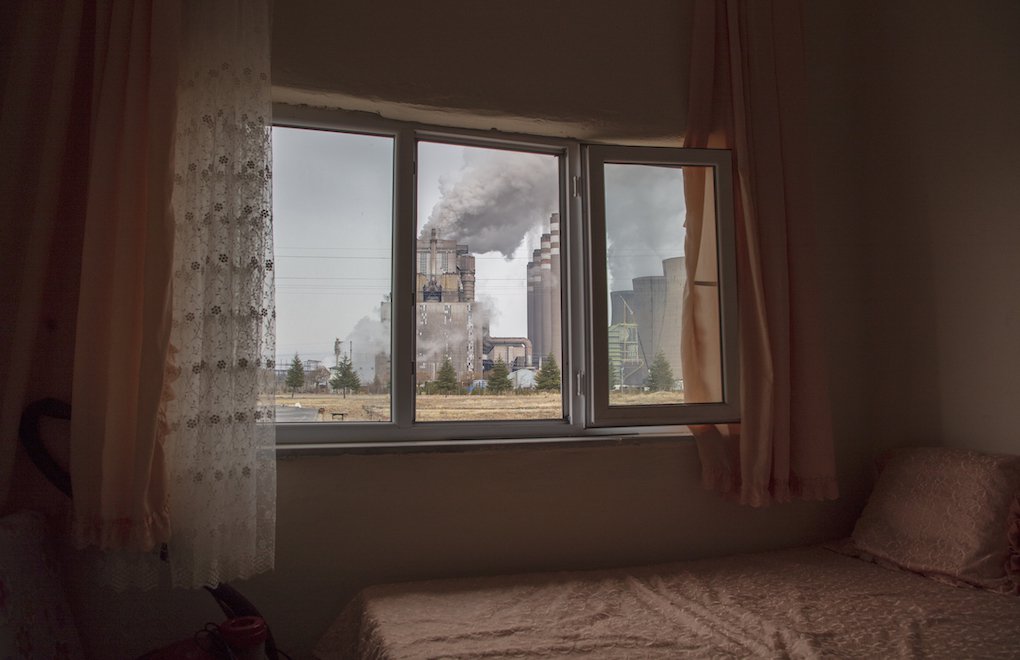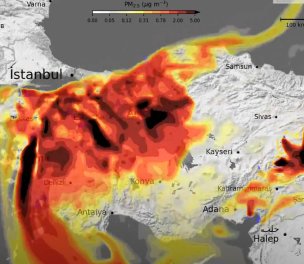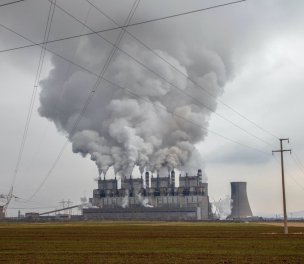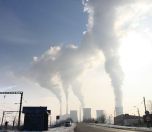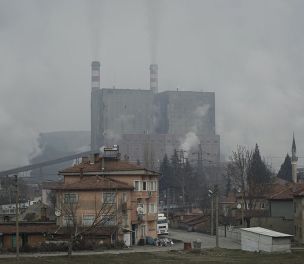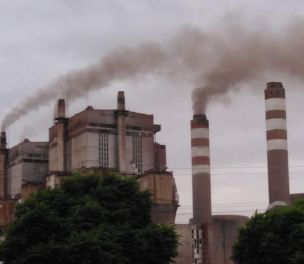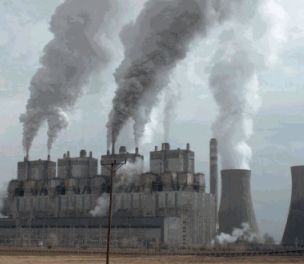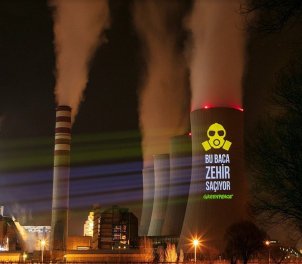Photos: Greenpeace
Click to read the article in Turkish
Particulate pollution near the coal-fired power plants in the southeastern Maraş province was up to 10 times higher than the limit values set by the World Health Organization (WHO), according to measurements conducted by Greenpeace between October 5 and November 11.
The value of Particulate Matter 10 (PM10) was eight times higher than the limit value set by the EU and the PM2.5 value was more than 10 times higher than the WHO limit value in the impact site of the Afşin A and Afşin B power plants, says the report.
Both types of particulate matter are linked to lung cancer caused by air pollution.
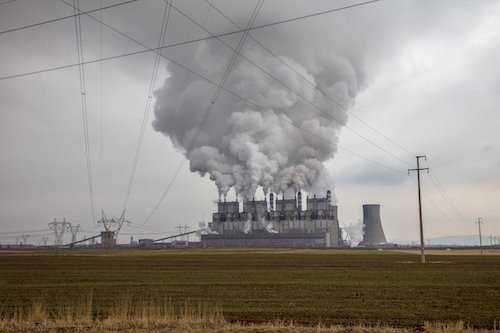
The WHO sets the limit value as 20 µg/m3 for PM10 and as 10 µg/m3 for PM2.5 while the EU values are 40 µg/m3 and 25 µg/m3, respectively.
While Turkey has not set a limit value for PM2.5, its limit value for PM10 is 50 µg/m3.
At one of the measurement points, the PM10 value was above 320 µg/m3 and the PM2.5 value was above 105, says the report.
In both of the two measurement points, PM values were above the limit values in all 30 days of measurement, the report notes.
"The public was deceived"
Onur Akgül, the Climate and Energy Project Officer for Greenpeace Mediterranean, said the company that operates the Afşin A plant, Çelikler Holding, deceived the public by saying that the power station would operate in accordance with international standards on November 6.
"Six more power stations are planned to be constructed in the Afşin-Elbistan area, which is the coal-fired power plant zone with the fifth-highest emission of sulfur dioxide in the world," he said.
"Cancer cases have increased by eight times since 1984," he added, noting that the new power stations would cause a "human-made disaster" in the region.
"The power plants in Kahramanmaraş must be urgently closed in accordance with a plan and the plans for new plants must be canceled," said Akgül.
İbrahim Yalçın, a local and a member of the Platform for the Protection of Life and Nature, said premature mortalities and diseases such as COPD, lung cancer and asthma had increased in the region.
"We, the people of the region, see the plant's pollution with the naked eye; live and understand how it poisons our lives. However, the authorities don't want to understand this situation," he said.
.jpg)
Maraş was one of the three cities with the highest rate of air pollution-linked deaths in 2017, according to a report by the Right to Clean Air Platform.
Coal-fired power stations have caused at least 17,000 premature deaths so far, says Greenpeace.
The Afşin A power station was one of the several plants that were shut down at the start of 2020 for failing to install a chimney filter but reopened six months later despite not having a sulfur refiner filter.
While the Afşin B station has a chimney gas filter system, it only captures ashes and poisonous gases are vented through the chimney. (TP/VK)




